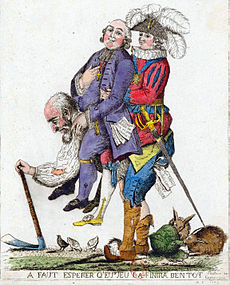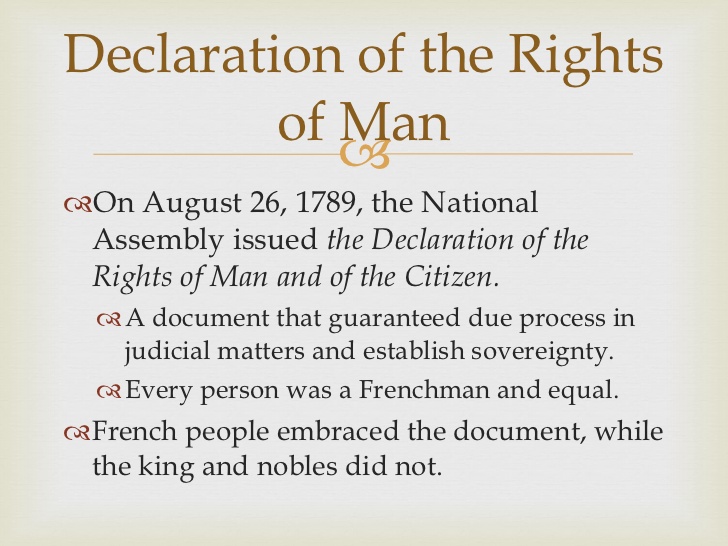U1L2 Shaping Nationalism
Lesson
![]() RESOURCES
RESOURCES
Watch the following short introduction to the French Revolution and Nationalism.
Read and refer to Chapter Two as your resource for completing this lesson's assignment.
Chapter Two Highlights
What are Some Understandings of Nation?
Watch the song version of France Before 1789
![]() LESSON
LESSON
People have not always enjoyed the freedoms we, as Canadians, sometimes take for granted today. Under the Old Regime in France, a group called the Third Estate, by far the largest group, enjoyed virtually no rights yet bore the greatest burden for taxes.
Christians were powerful and the Church was the center of society. It controlled education, healthcare and culture. The government and the Church worked together to control the people. Over the years, the people from the Third Estate
began to question the feudal system. Society was ripe for change and nationalism was on the rise.
This age was referred to as the Dark Ages because so many of the cultural, political and educational
advances made by the Greeks and Romans were lost. As time passed and nation states developed, enlightened philosophers studied the democratic ideas of Ancient Greece and Rome and asked why these ideals were no longer applied.
As
enlightened ideas spread, citizens of the Thirteen Colonies, began to protest British control and waged a war against them. This is what lead to the French Revolution.
To understand nationalism, it is important to analyze how nationalism developed in the past and address the following questions:
- What happened during the French Revolution?
- Why did it happen?
To answer these questions, it is essential to understand the following Estates System and the factors that gave rise to nationalism.
Factors that shape nationalism include the following:
The Bastille was a Paris prison where, it was rumoured, the king locked up people who spoke out against him. On July 14, 1789, about 600 angry Parisians successfully attacked the Bastille and took control of this symbol of tyranny. These citizens formed a 'Collective Consciousness' and this event is usually considered to be the beginning of the French Revolution, and July 14 is now celebrated as a national holiday in France.

Caricature of the Third Estate carrying the First Estate (clergy) and the Second Estate (nobility) on its back.
Estates System
In 1789, this ruling elite made up about four percent of France's total estimated population of 26 million. The remaining 96 percent were considered common people. The ruling elite paid few taxes, but their power enabled them to accumulate great wealth by collecting taxes, rents, and other fees from the common people.

These conditions combined to destroy grain crops and create a shortage. As the shortage worsened, the prices of flour rose. As a result, many people could no longer afford to buy bread, which was a staple of their diet.

The 17 articles of the declaration set out these principles and became the basis of the new French constitution. This document has influenced all subsequent declarations and charters of rights.
The Reign of Terror
Backed by the newly approved Constitution of 1793, Robespierre and the Committee of Public Safety began conscripting French soldiers and implementing laws to stabilize the economy. For a time, it seemed that France’s fortunes might be changing. But Robespierre, growing increasingly paranoid about counterrevolutionary influences, embarked upon a Reign of Terror in late 1793–1794, during which he had more than 15,000 people executed at the guillotine. When the French army successfully removed foreign invaders and the economy finally stabilized, however, Robespierre no longer had any justification for his extreme actions, and he himself was arrested in July 1794 and executed.
The new government was week and set the stage for Napoleon's takeover. Napoleon Bonaparte led France at an exciting time in history. France had recently overthrown a powerful king and survived a year of bloodshed (during the Reign of Terror). You would think the people of France would have wanted a democratic leader to replace the old monarchy. But, Napoleon was far from a democratic man...read the notes below to learn more about his form of rule.